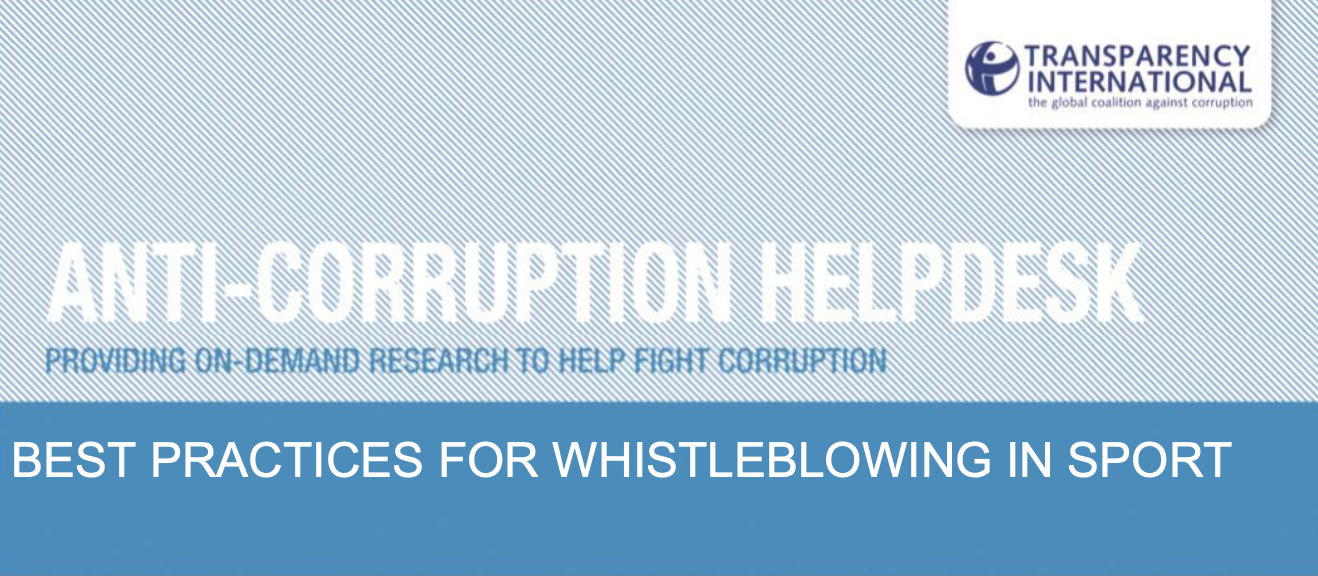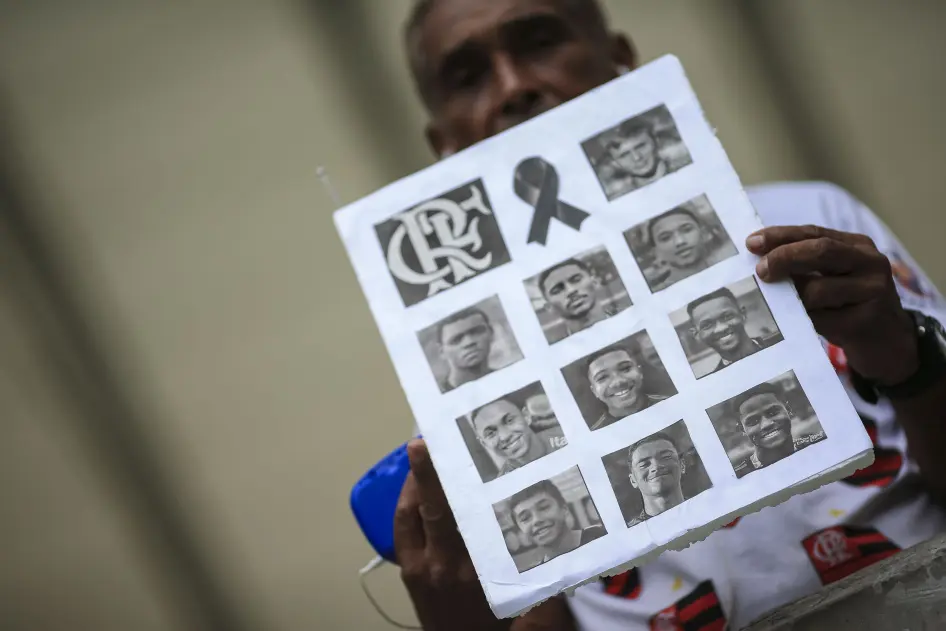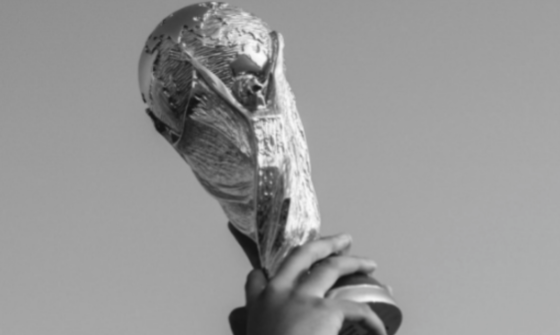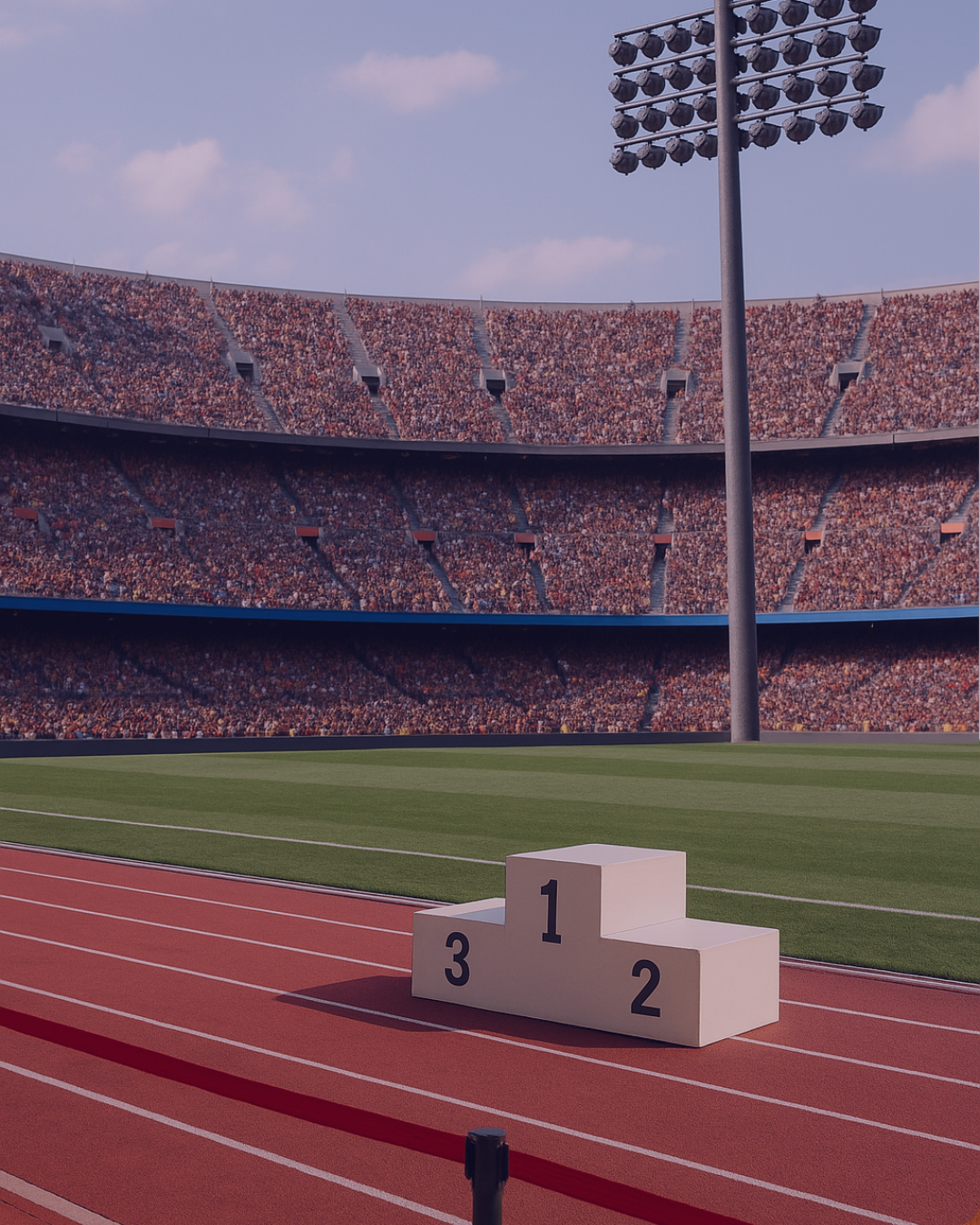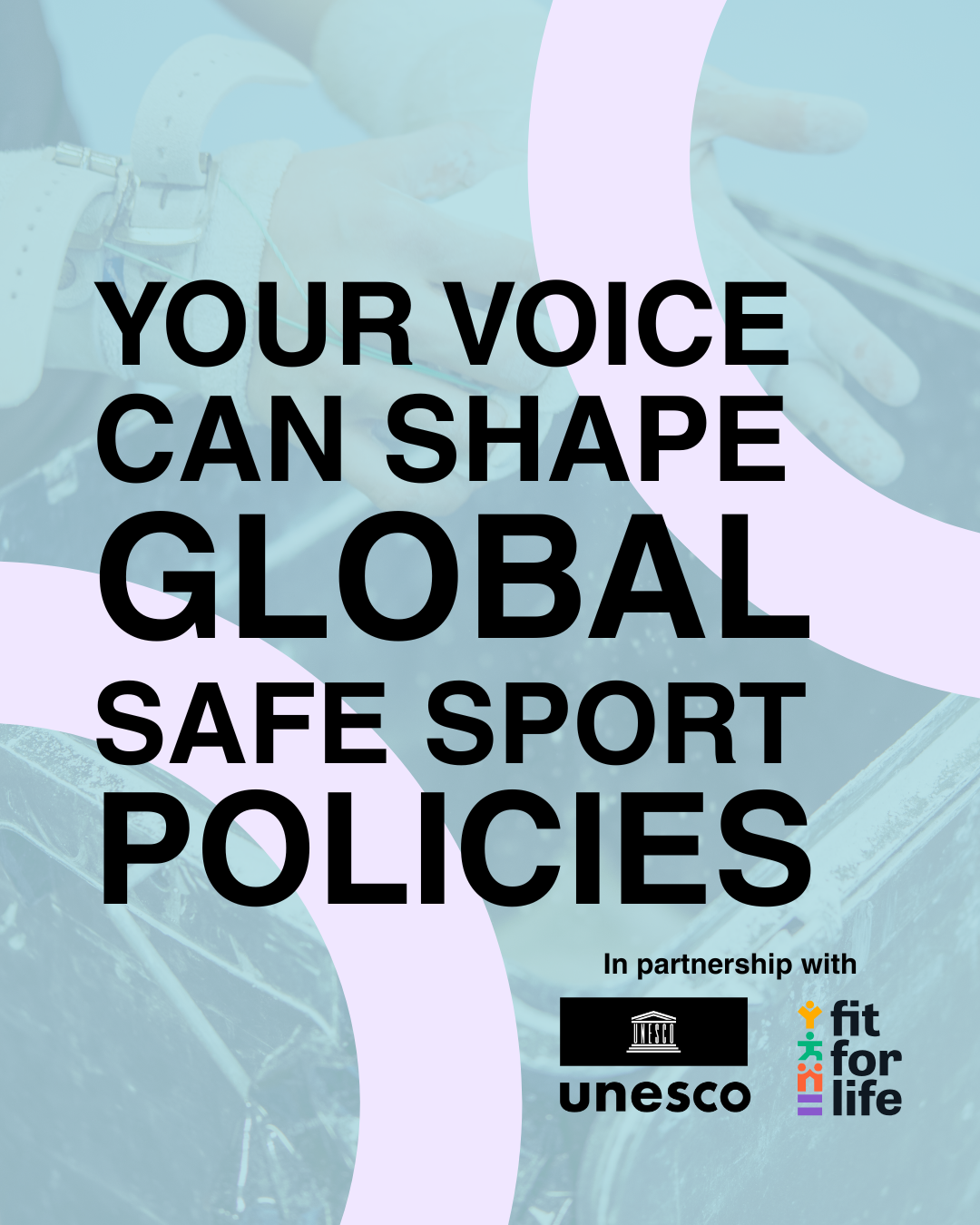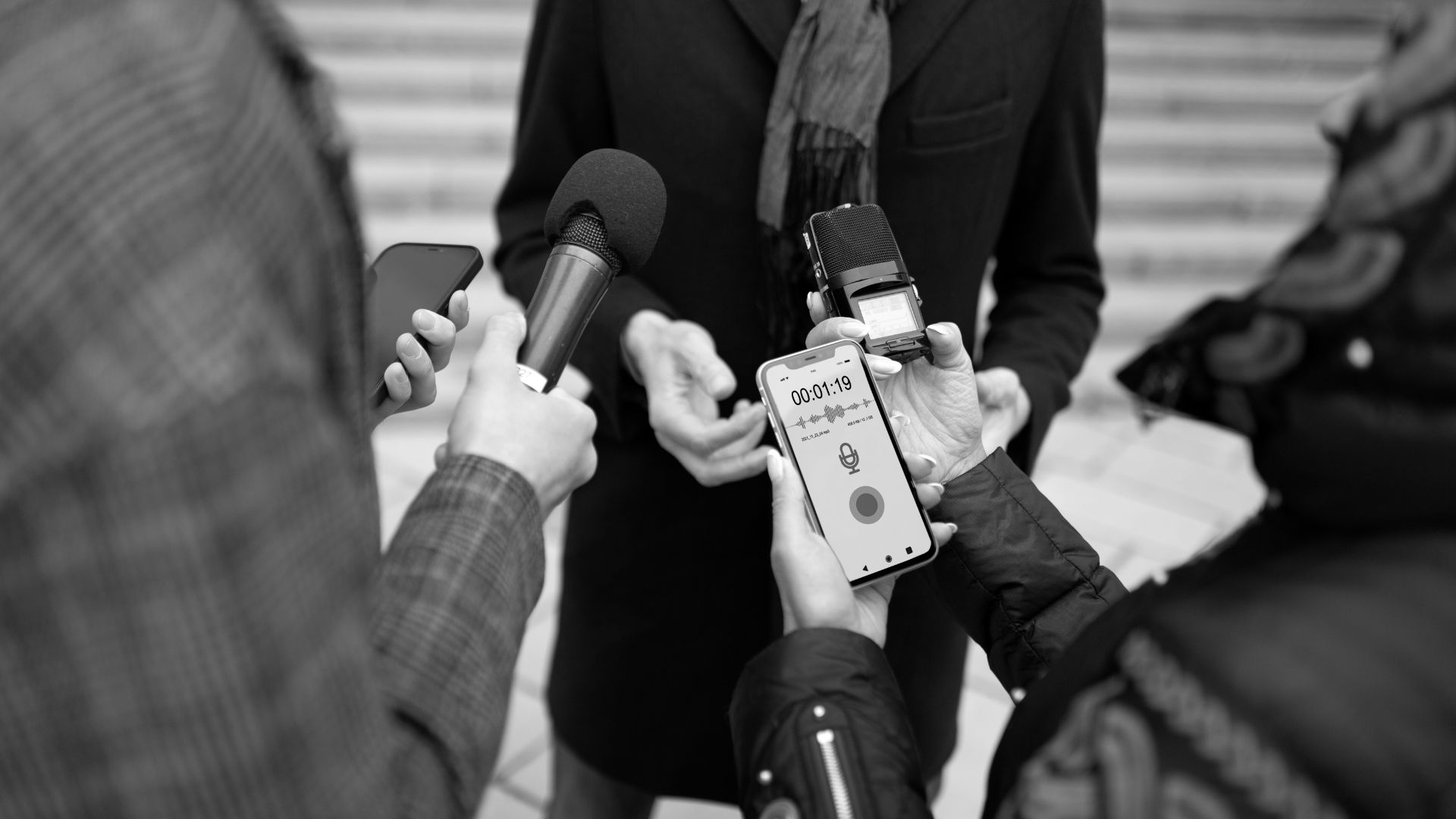What are good practices in establishing whistleblowing mechanisms in sports to combat corruption, match-fixing and other illegal and unethical practice in sports?
Content
- Overview of corruption in sport
- Whistleblowing in sport
- Examples of good practices in whistleblowing in sports
- Further reading
- References
Summary
Sport is a sector that is particularly vulnerable to corruption, characterised by large revenue streams and often inadequate transparency and oversight mechanisms. The multitude of players involved, from private firms, public institutions, charities, amateur sporting associations, civil society and fans also complicates efforts to tackle corruption on and off the pitch.
Whistleblowers face numerous challenges when speaking up about sports corruption. The very nature of corruption in sport makes speaking out against match-fixing, doping or other ethical behaviour fraught with potential dangers of retaliation. Whistleblowers face pushback from numerous sources, including sports officials, criminal organisations and even fellow athletes.
There are steps that can be taken to promote whistleblowing in sport as it relates to corruption. Channels to denounce corruption, as well as proactive support mechanisms for whistleblowers can encourage athletes, coaching staff and officials to come forward. Some sports governing bodies have taken significant steps to provide whistleblowers with the access and support necessary to make use of the information they provide.
Authors
Iñaki Albisu Ardigó, tihelpdesk@transparency.org
Reviewers
Matthew Jenkins and Thomas Vink, Transparency International.
Date
13/09/2018
